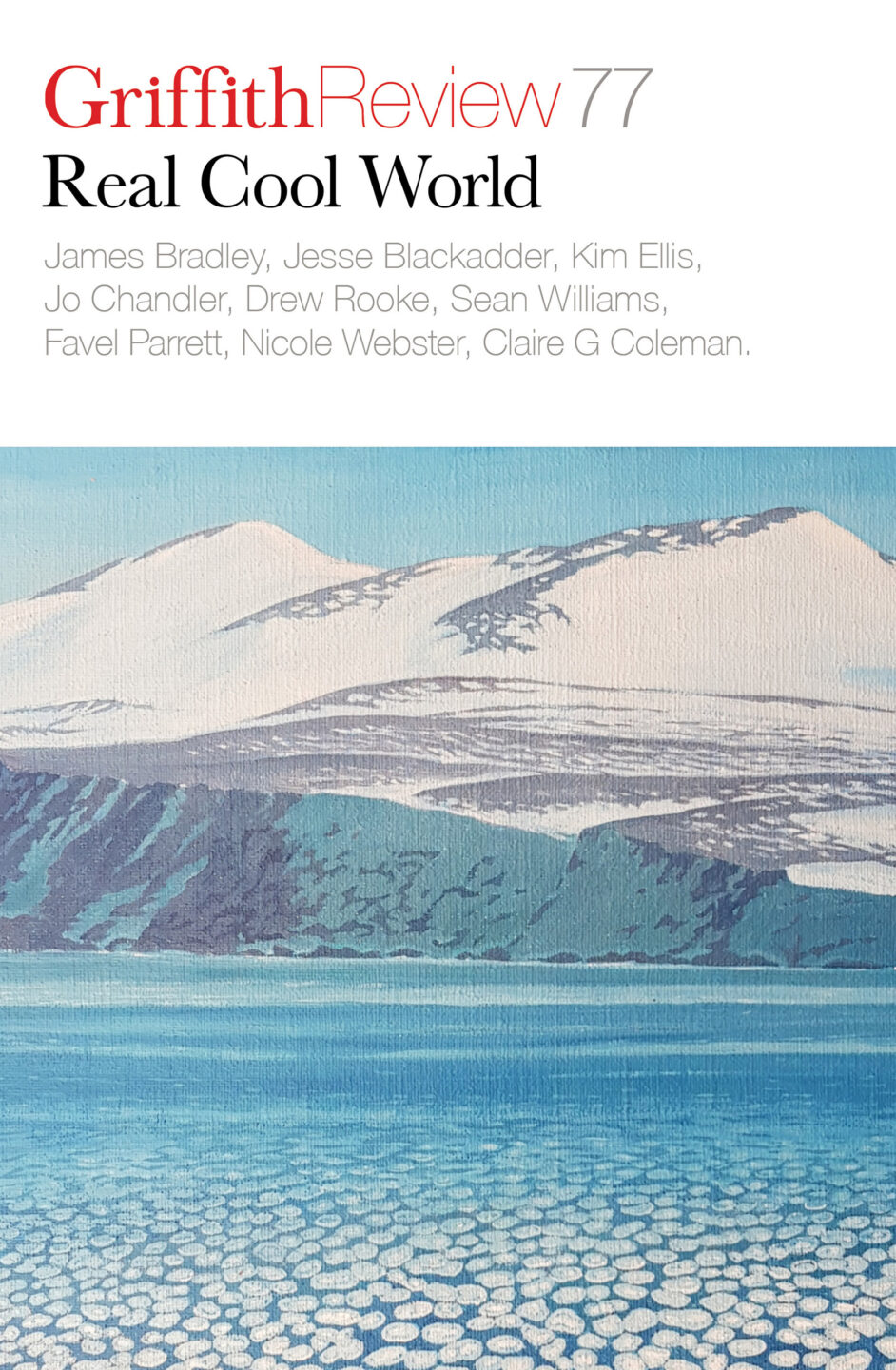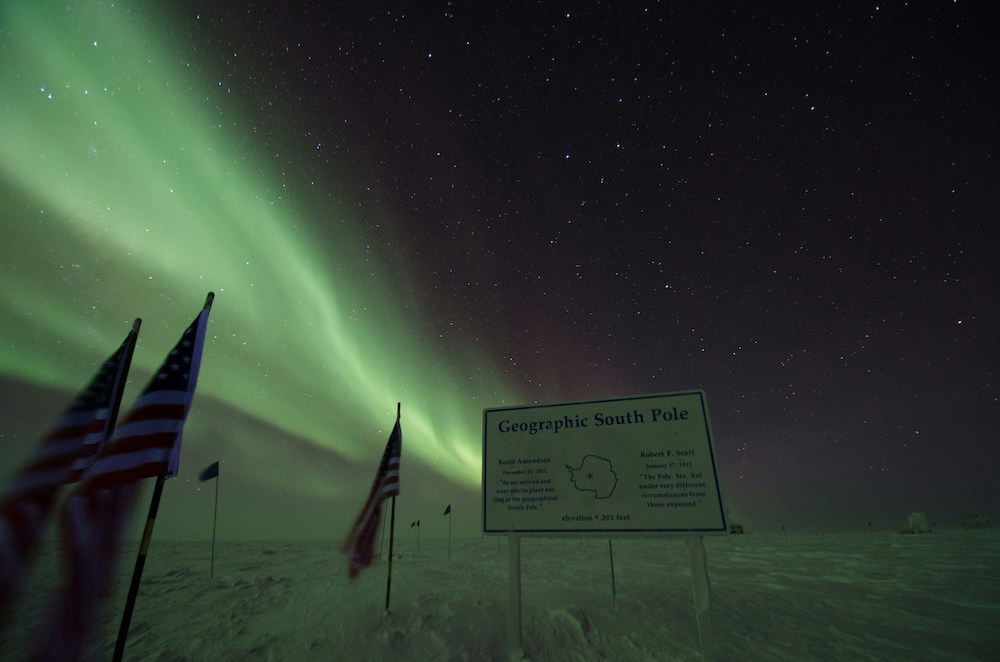Featured in

Buy
$27.99
- Published 20220503
- ISBN: 978-1-922212-74-0
- Extent: 264pp
- Paperback (234 x 153mm), eBook


Already a subscriber? Sign in here
If you are an educator or student wishing to access content for study purposes please contact us at griffithreview@griffith.edu.au
Share article
About the author

John Fowler
John Fowler is the co-founder and CEO of the global affairs media start-up Intrigue Media. He’s a former Australian diplomat and international lawyer. During...
More from this edition

Snowman
Poetry the hardest part about going to antarctica is coming back after two years to a six-year-old daughter who screams when you open the door to your...

Between different worlds
IntroductionAntarctica offers windows into many different worlds...

Warnings in the water
ReportageThe environmental significance of krill extends beyond their role as food. They also play a vital part in the processes that regulate the Earth’s climate.
Stay up to date with the latest, news, articles and special offers from Griffith Review.